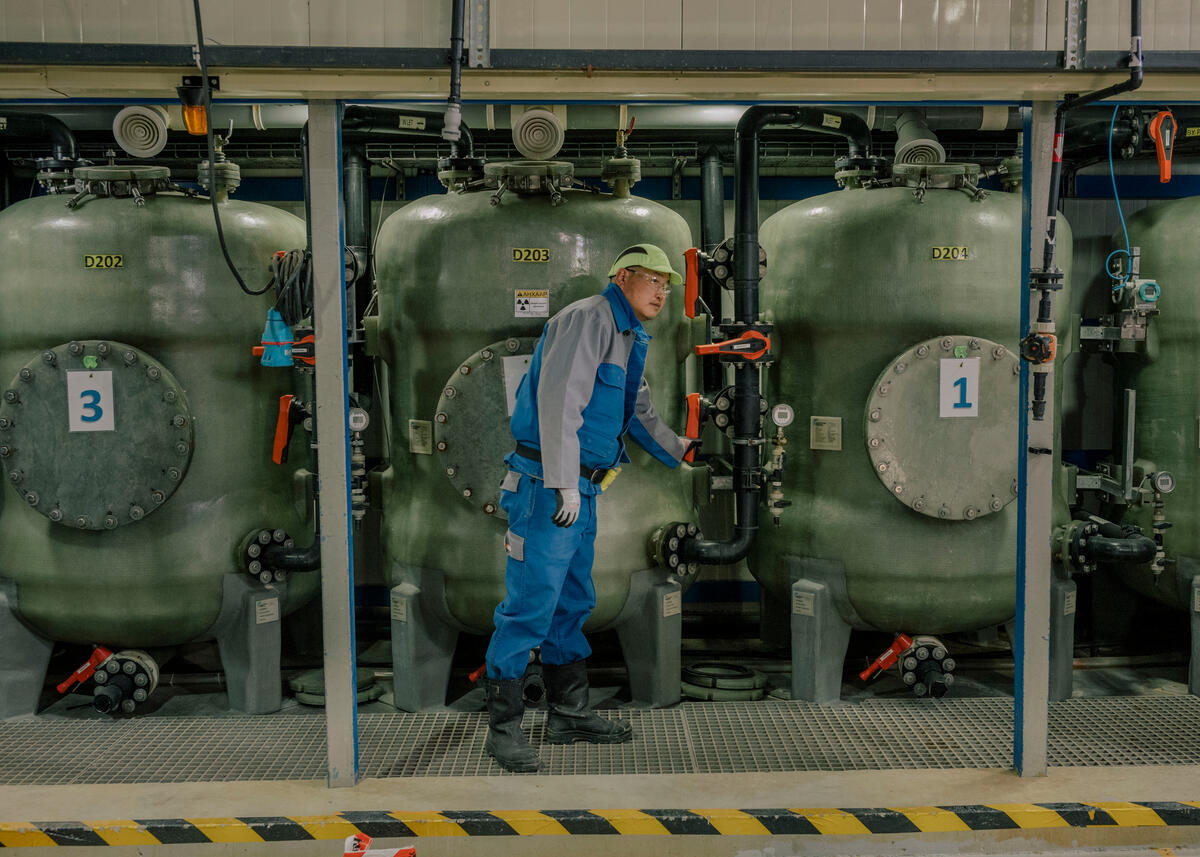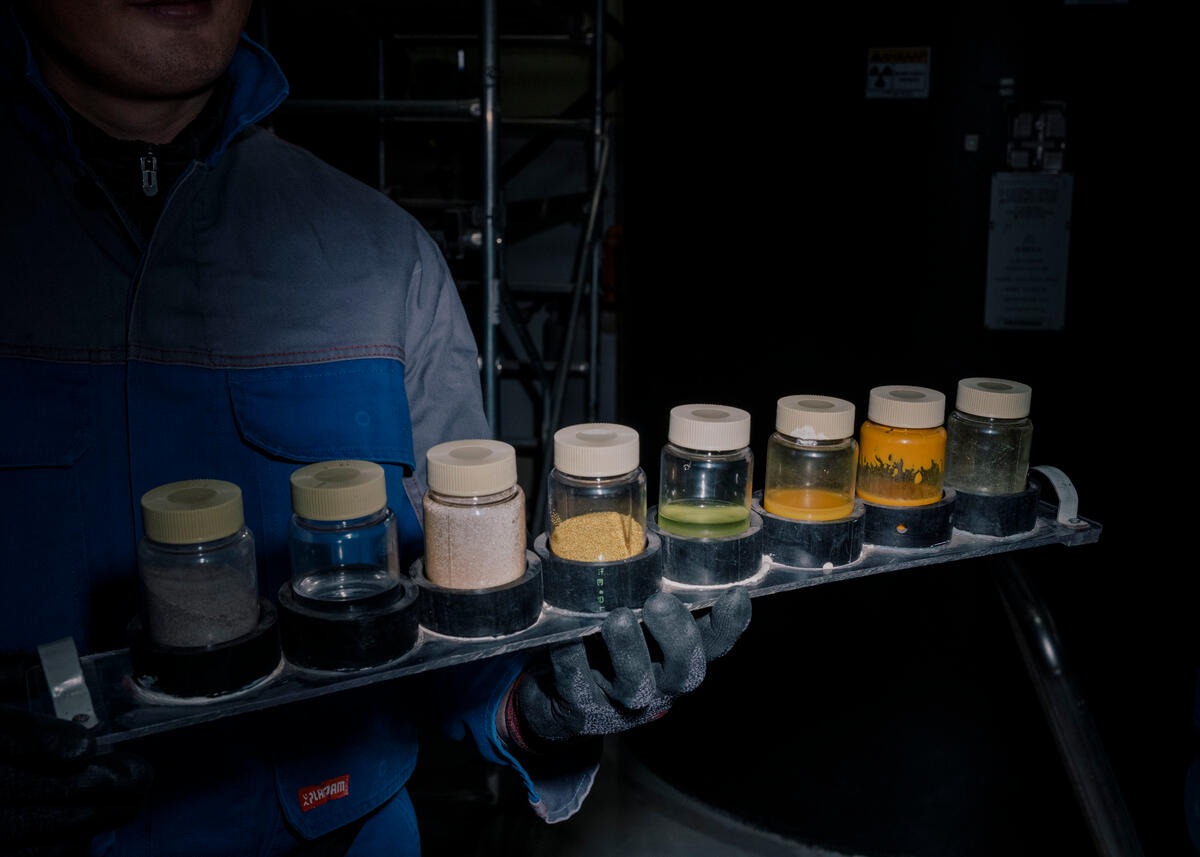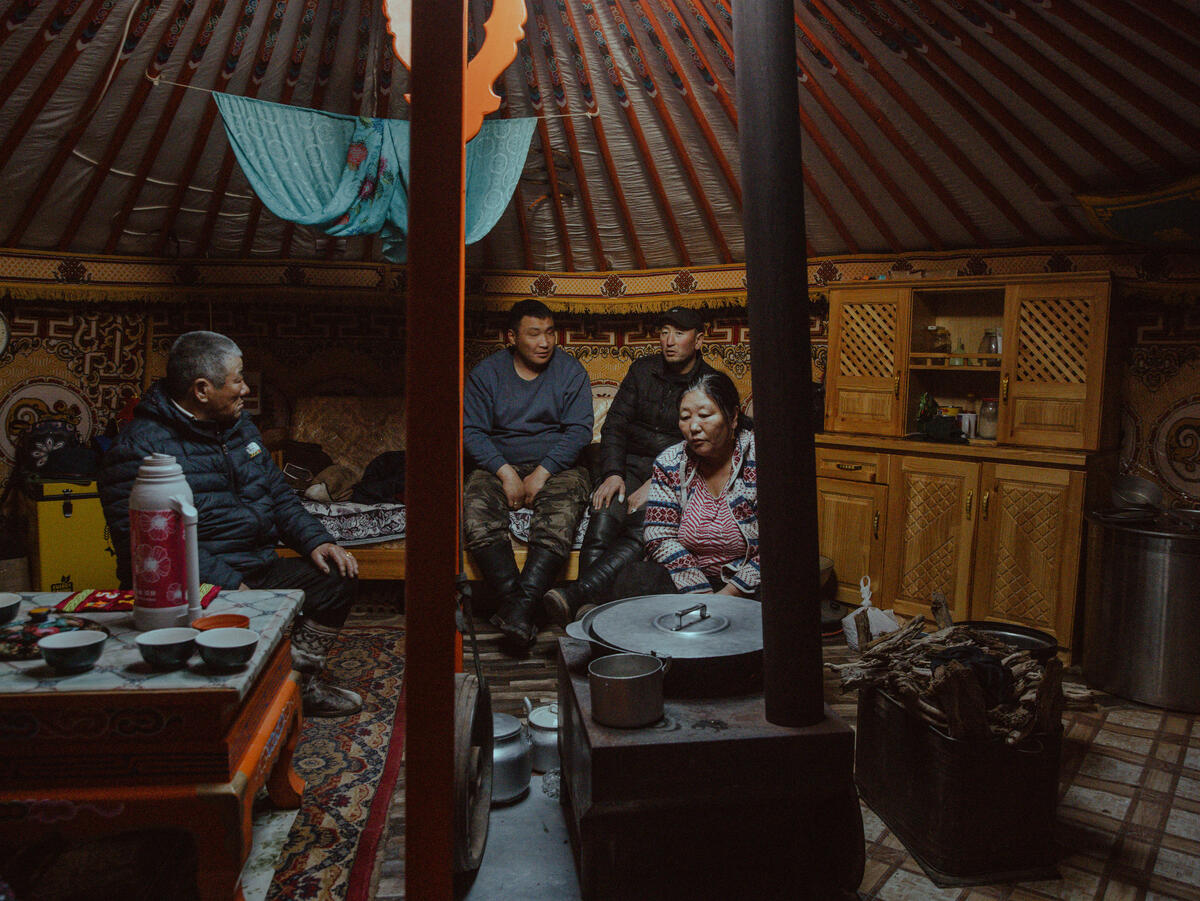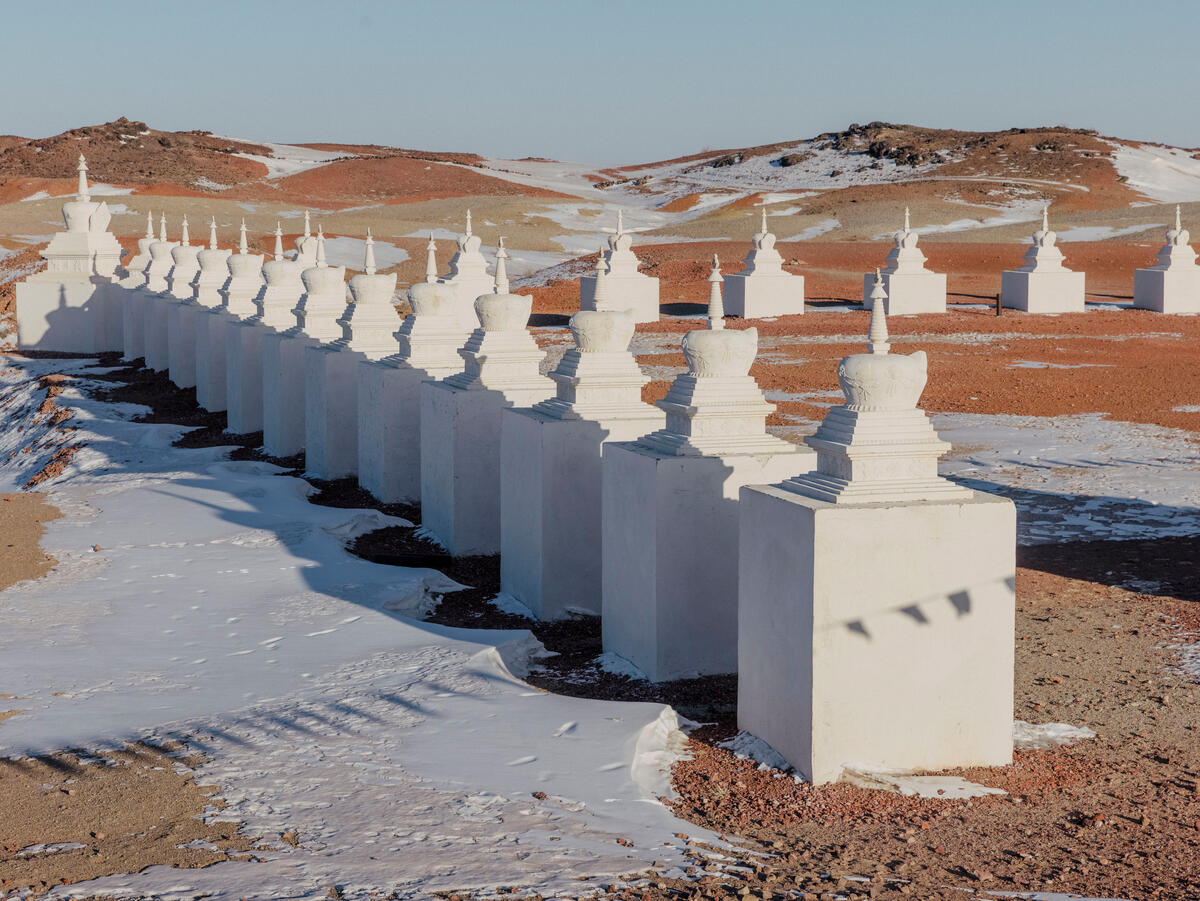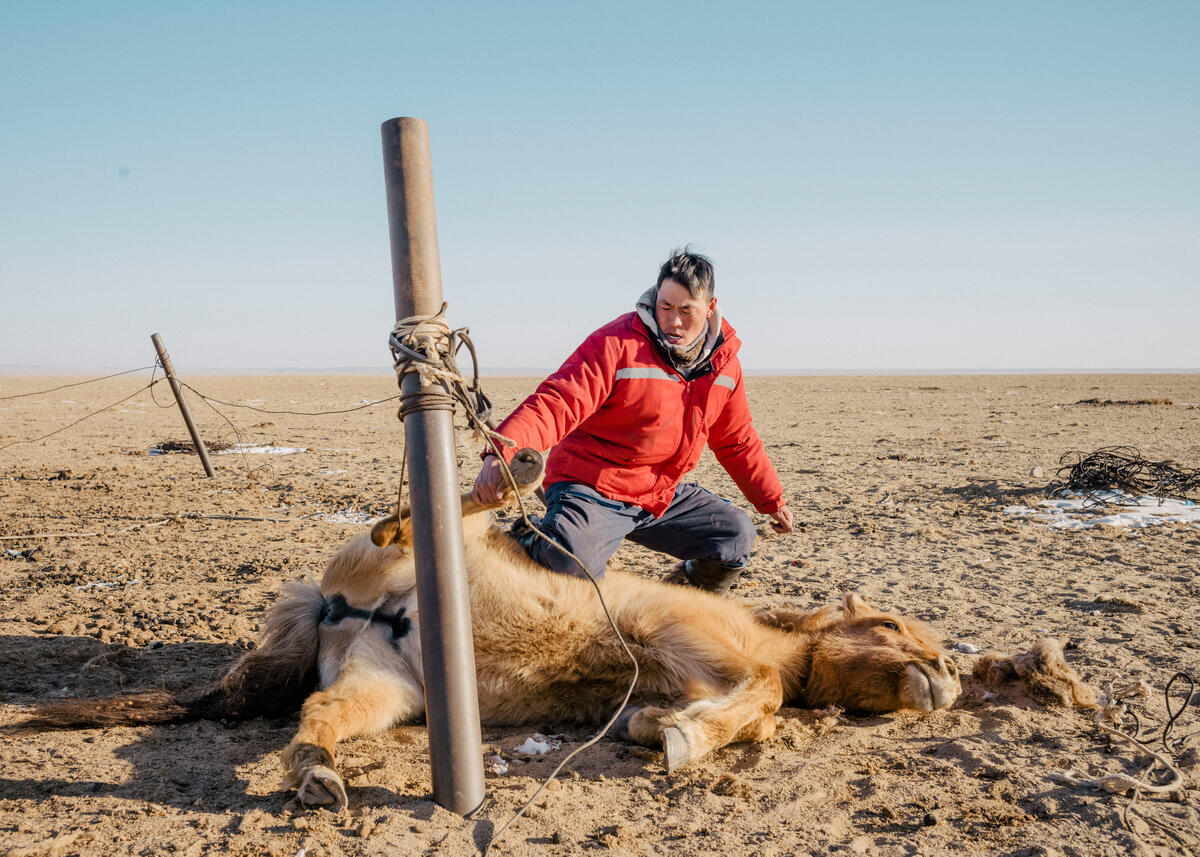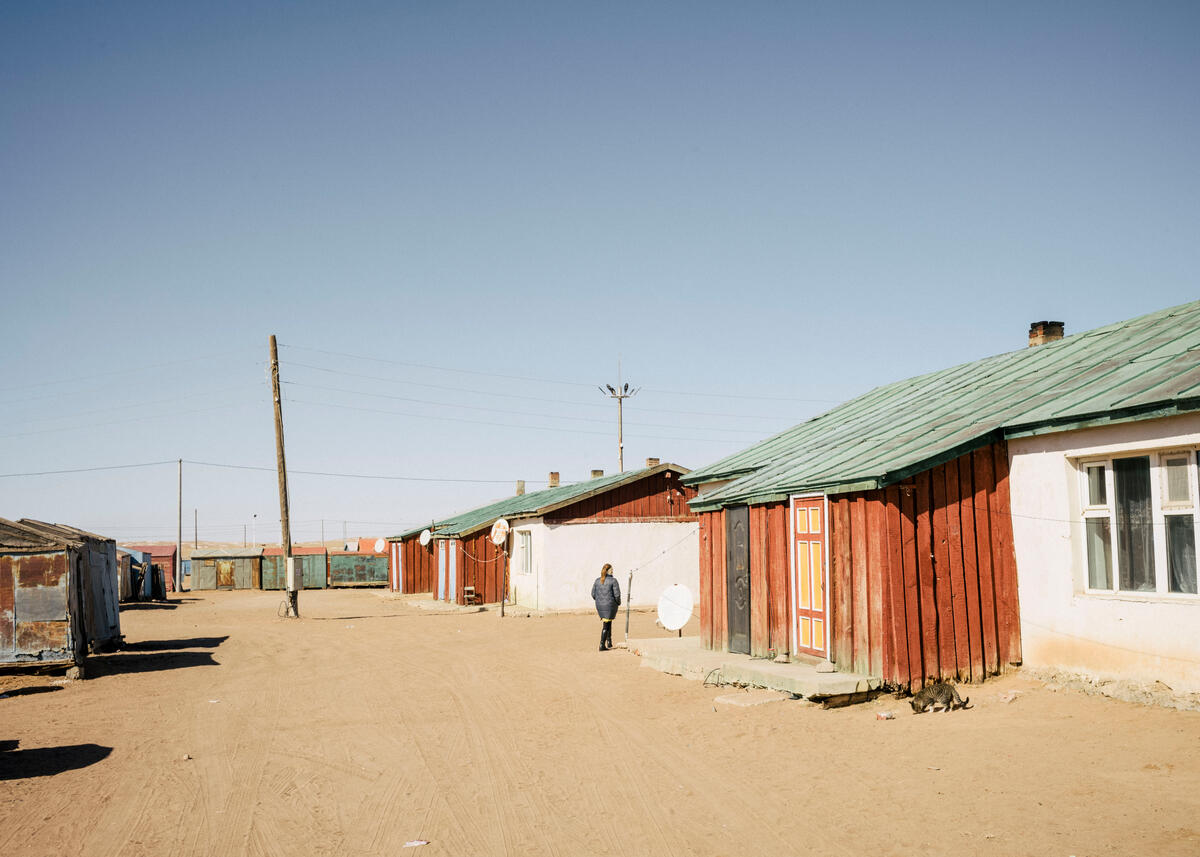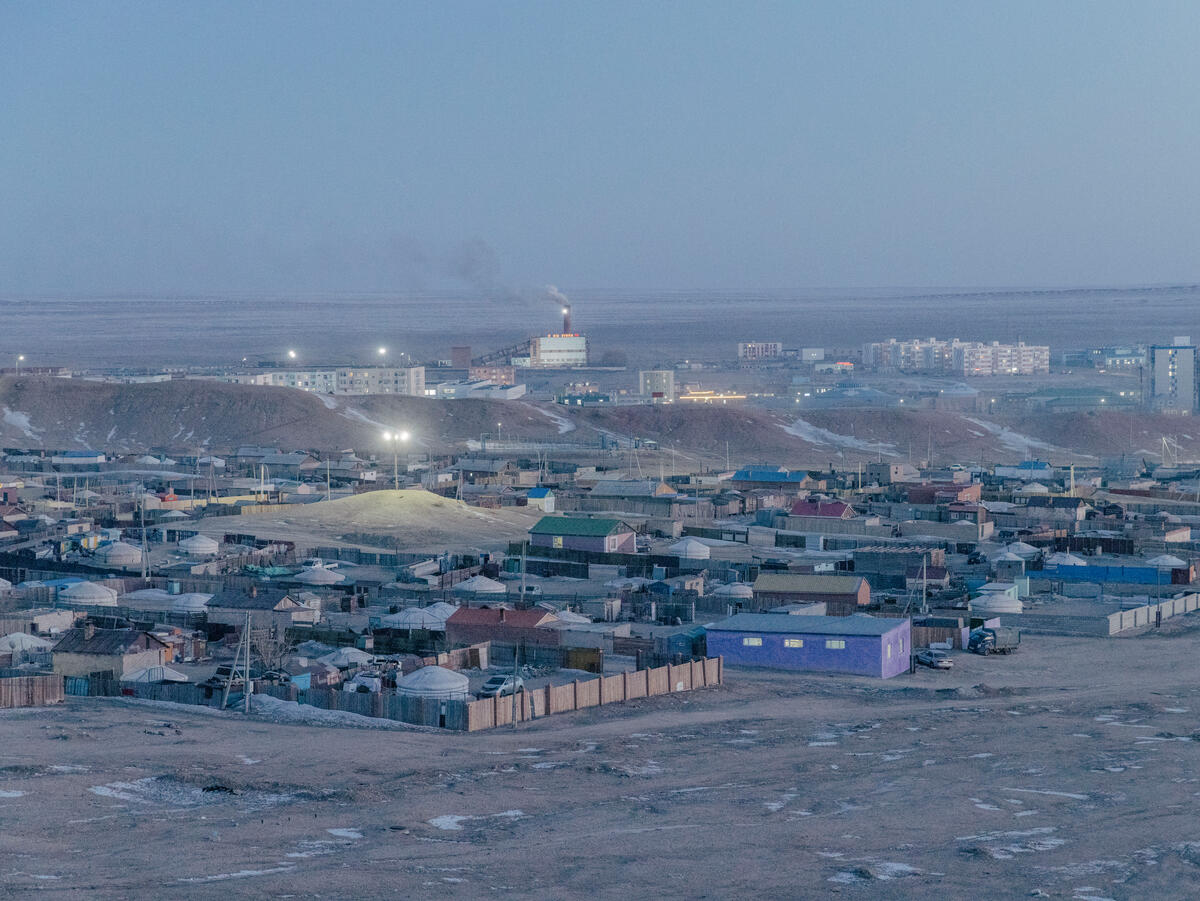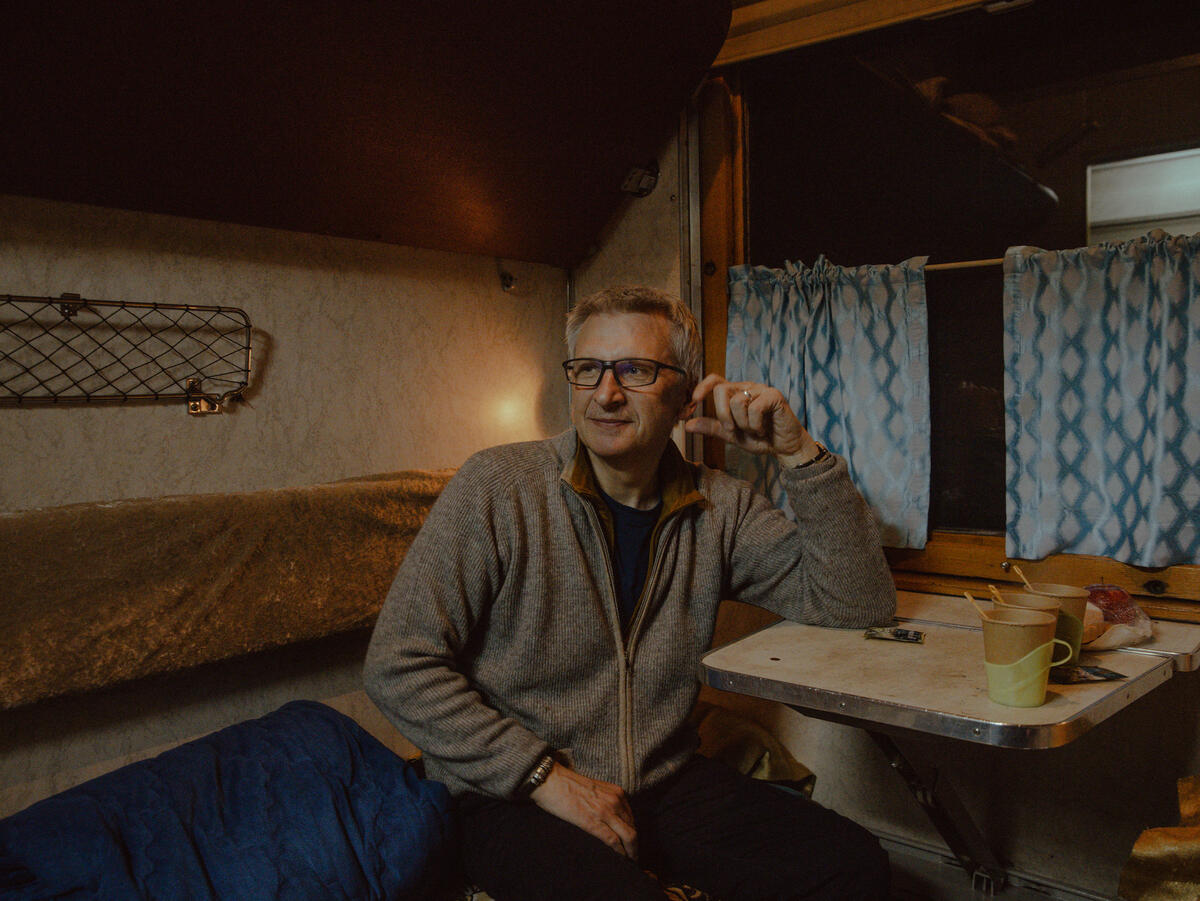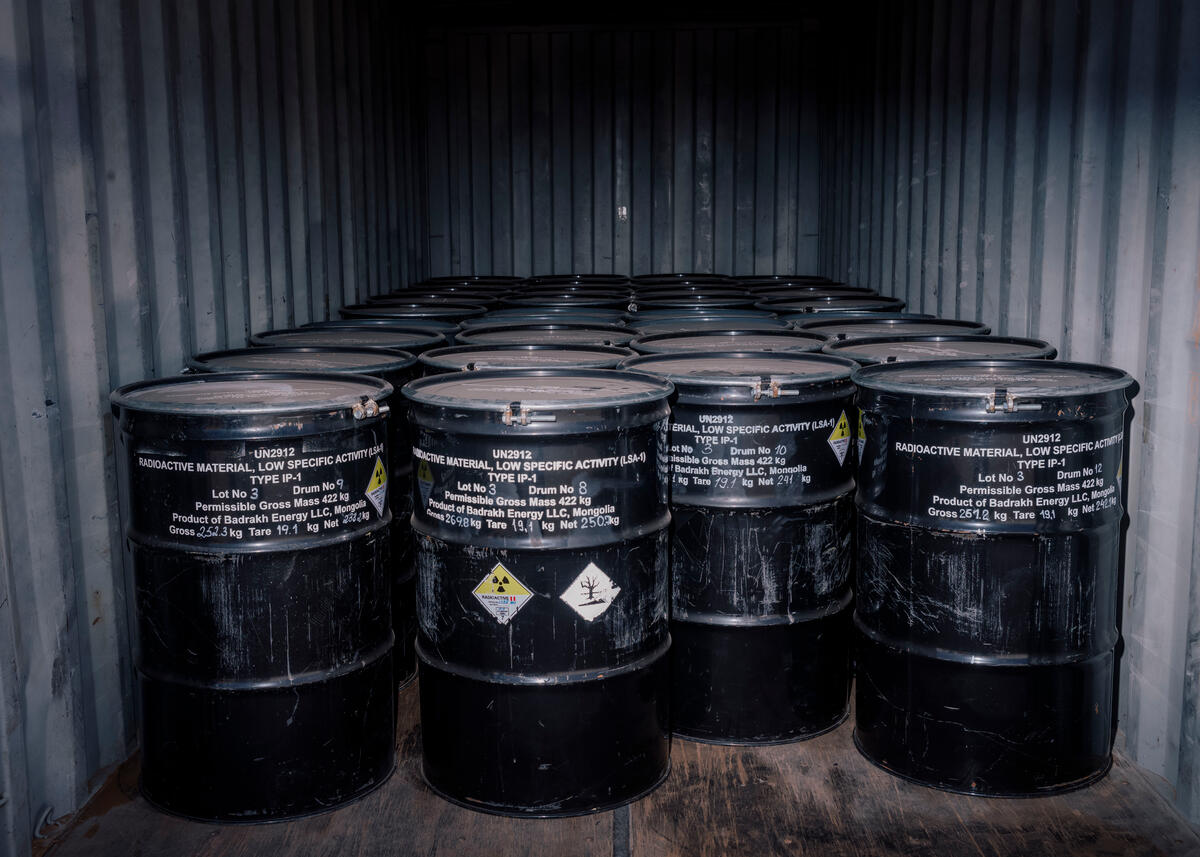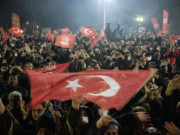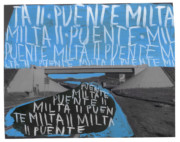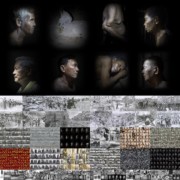Nanna Heitmann Documents Mongolia’s Entrance into the Uranium Market
On assignment for TIME, Magnum photographer Nanna Heitmann visits the Gobi desert to document Mongolia's entry into the uranium market
In October 2023, the French state-owned nuclear firm, Orano, signed a $17 billion deal with the Mongolian government to extract and process the country’s uranium. Mongolia holds the second-largest uranium reserve in the world, following Kazakhstan, and Orano claims that this project has huge potential as the world attempts to shift to renewable energy.
Mongolia, a nation that remains plagued by widespread poverty, still largely relies on coal for heat and power, hosting some of the planet’s worst air quality, with phenomena as the second leading cause of death in young children. The phenomenon of landscapes in Mongolia, where severe winters arrive after summer droughts, triggers widespread animal deaths and has been greatly exacerbated by global warming.
While Orano believes this operation to be helpful in ways relating to public health, climate change, and financial success for the country, its inhabitants are fiercely protective of its ancestral lands. This leads to a need for balance in public safety and public acceptance. Past mistakes and competition bring upon challenges for the French-owned firm as it is closely scrutinized by the global market and watched with suspicion by the Mongolian people.
On assignment for TIME, Magnum photographer Nanna Heitmann visited Mongolia’s Gobi desert, which remains a place of uncertainty regarding the prospects of Orano and the promise of uranium mining to provide a better quality of life with respect for the country’s inhabitants and their land. As the nation sits bordered between Russia and China, reliant on both for trade, imported gas, and petroleum, it must tread lightly in this new era of competition.
Heitmann accompanied journalist Charlie Campbell to the Zuuvch-Ovoo mine in the Gobi region of southwestern Mongolia, a pilot facility set up in 1997 to explore the possibility of extracting the material. The article illustrates the geopolitical, environmental and economic implications of the mining project that Mongolia faces, in addition to opposition from the region’s local nomadic communities.
“Since democratization in 1990, Mongolia has cultivated ties with the West via its ‘third-neighbor policy,’ of which the Orano deal is a prime example. But a nation reliant on Beijing for 90% of trade and Moscow for 90% of imported gas and petroleum must tread carefully in this fraught new era of great-power competition,” writes Campbell.
Read the full piece here.


